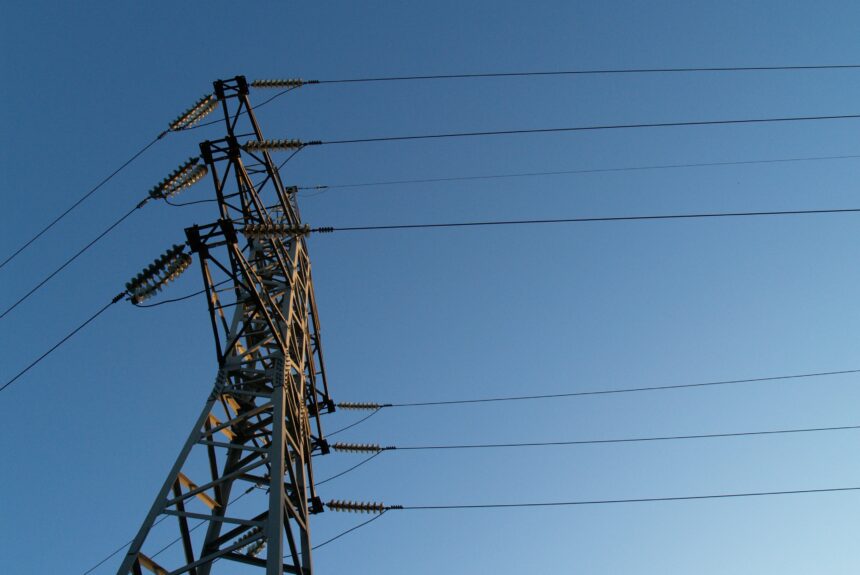Late last month, the Midcontinent Independent System Operator (MISO) gave final approval to expand the power grid by installing 18 new high-voltage transmission lines. This approval marks a $10.3 billion investment into the Midwestern power grid. And, it spells out good news for renewable energy development.
One of the greatest roadblocks to the development of new renewable energy projects (aside from NIMBYism and red tape) is grid access. Iowa, a national leader in wind energy, has run up against this problem time and time again. Former Iowa Utilities Board chairman John Norris explained:
“[W]hy aren’t we using and exporting more of these efficient, low-cost energy sources? The key barrier is our inability to deliver the electricity from where the wind is blowing and the sun is shining to consumers. That requires a network of long-range transmission lines that can transfer a large volume of electricity across long distances…This improved grid will lower consumer costs, increase reliability, and reduce our reliance on fossil fuels.”
>>>READ: NIMBYism Prohibiting Clean Energy Development, According to New Report
Grid expansion will not only help increase renewable development in leaderboard states like Iowa but in all areas where MISO is the grid operator, a substantial geographic area. MISO manages electricity generation and transmission across 15 U.S. states and the Canadian province of Manitoba. The operator is responsible for keeping the lights on for roughly 42 million people within this region.
These new lines are expected to come online in 2028. Though transmission capability will likely improve across the grid region, the projects themselves will be built in the Midwest, specifically across states like Iowa, Michigan, Minnesota, and Wisconsin. MISO expects all project costs to be borne by customers directly within the development areas. Alongside clean energy advocates, expansion supporters include Senator Tina Smith (D-MN.), Iowa Governor Kim Reynolds (R), and Minnesota Governor Tim Walz (D).
>>>READ: FERC Ruling Can Help Regional Grids Experiment with Renewable Integration
But project development is not all smooth sailing from here. Consumer advocates concerned about project costs have filed a complaint with the Federal Energy Regulatory Commission to mandate competitive behavior during project development from MISO. These groups include the Industrial Energy Consumers of America, the Coalition of MISO Transmission Customers, the Wisconsin Industrial Energy Group, the Resale Power Group of Iowa, the Association of Businesses Advocating Tariff Equity, and the Michigan Chemistry Council.
“We want [projects] to be cost-competitive,” explained Paul Cicio, president of Industrial Energy Consumers of America. “Studies have shown time and time again if projects are competitively bid, we could see cost reductions of up to 40 percent.”
Ensuring basic free-market competition underlies this expansion and being able to reassure consumers that costs are reasonable and manageable are necessary components of a successful and undoubtedly costly expansion. Listening to these concerns and taking steps to mitigate them will provide opportunities for new business relationships with MISO and better understanding and cooperation within affected communities. Despite the concerns, these new transmission lines are without a doubt a good thing for renewable energy development. Better transmission capability will hasten our transition to a future powered by clean energy sources.
Kelvey Vander Hart is a native Iowan, a member of the American Conservation Coalition, and a communications specialist at Reason Foundation.
The views and opinions expressed are those of the author’s and do not necessarily reflect the official policy or position of C3.
